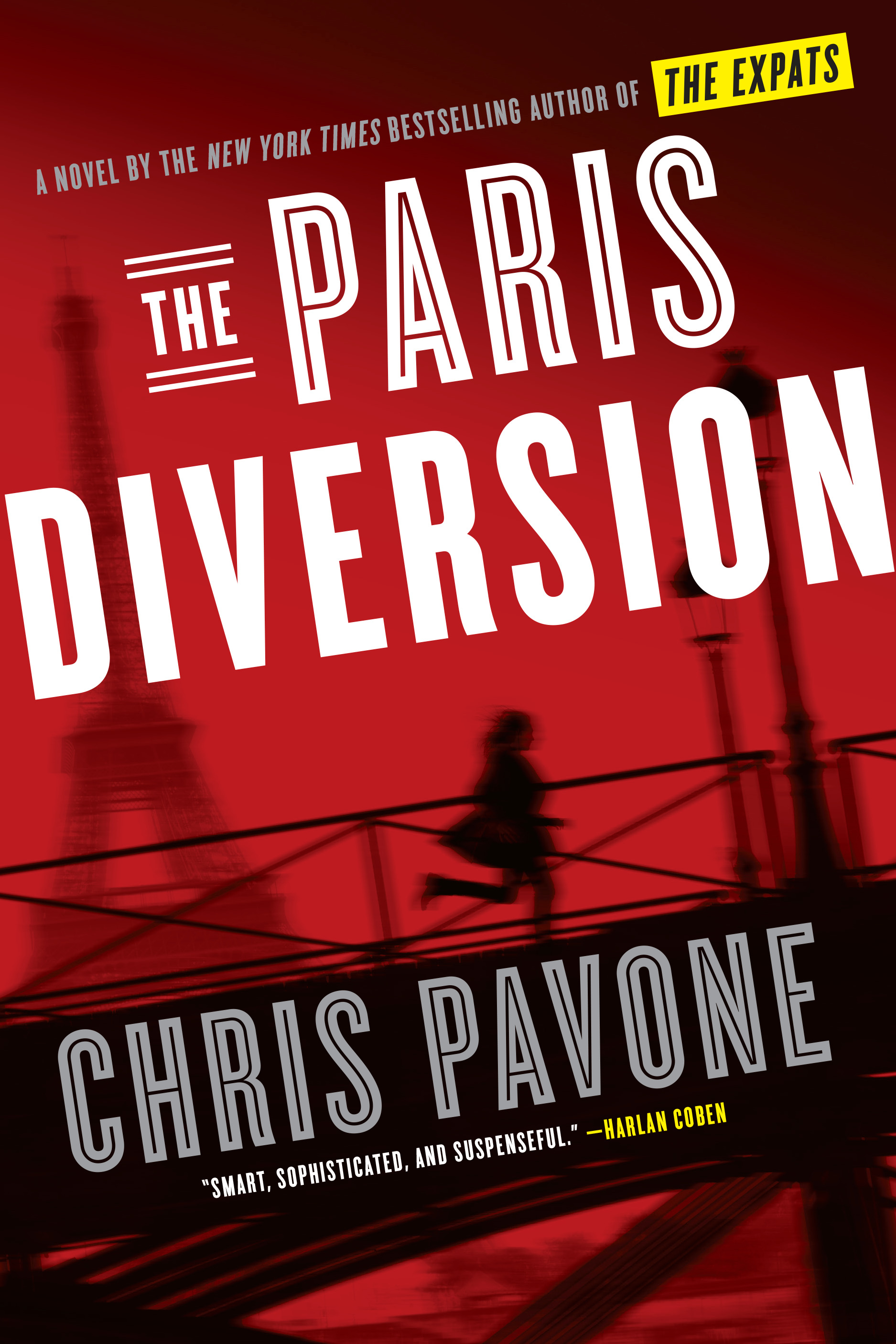The first time I left my family, it was very brief. We’d recently moved from New York to Luxembourg, a dull little city with bad weather, for my wife’s job. I’d left behind a career as a book editor, and became what’s called a trailing spouse—a stay-at-home expat parent, cooking and cleaning and tending to our four-year-old twins, trying to make a new life in a new country.
There were plenty of fun aspects to this adventure—this was definitely not back-breaking labor in the salt mines—but also plenty that was not. My daily life was often isolating, frustrating, unfulfilling, boring, lonely. I didn’t know how to do the things I needed to do—take care of little kids, navigate foreign bureaucracies, make entirely new friends, live with a spouse often away, drive a car every day, have no career, speak French. Grocery stores were closed on Sundays, there was no way to order in dumplings, and I couldn’t entirely figure out how to operate the kitchen appliances, which were all in German.
After a few months, I really wanted a break—just a short one—from the laundry, the grocery shopping, from washing the dishes and walking the dog and disciplining the kids, the whole assorted tedium.
One Friday night, my wife returned from a trip to Berlin or London or someplace else where you could get dumplings, and early Saturday morning I boarded the high-speed train for the two-hour trip to Paris’s Gare de l’Est, the sort of big, busy, buzzing train station that implicitly promises a place where you can find dumplings.
The weather in Paris isn’t any better than the weather in Luxembourg. In fact it’s exactly the same crappy weather, the winter sky low and dark and constantly threatening to spit at you. But in Paris I didn’t need to worry about the rain making my kids cold, then catching cold. About the open kitchen window admitting rain to ruin our German appliances. About the car skidding on black ice, slow-motion-crashing into a medieval wall. About driving around on a gloomy Sunday, looking for food.
As I walked away from the station, I felt my responsibilities slaking off me, washed away in the rain that slid off my jacket, one of those heavy oil-skinned things that you really, really need in Northern Europe. (Have I mentioned the weather?) I stopped for lunch—pied de cochon and house red (at lunch!)—at the Marché des Enfants Rouges. I saw this and saw that, but it didn’t really matter where I went, where I stayed, what I ate; I didn’t even try to find dumplings. What mattered was that for 36 hours, I was in Paris, alone, with no responsibilities. None.
By my return on Sunday evening, I felt like an entirely new person, with new reserves of patience and tolerance and enthusiasm. After this brief respite away from the petty urgencies of day-to-day, I was able to see a bigger, rosier picture: my life was fantastic. I lived in Luxembourg!
This refreshment did not last forever. (Does any?) But in the decade since, I’ve made a habit of these escapes—not vacations to have fun with other people, just breaks for solitude and reflection. Sometimes it’s only a couple of hours away to Long Island (we moved back to sunny New York, long ago), but sometimes it’s to Mexico, to Sweden, back to Paris.
During that Luxembourg sojourn a decade ago, I began a new career writing novels—international thrillers set in places like Luxembourg, Mexico, Sweden, Paris. Now when I get on these planes by myself, I still feel the same sense of responsibilities slipping away, and my consciousness fills instead with the novel I’m writing, or the one I want to be writing. Walking around Veracruz or Stockholm or the Marais, I feel myself—my concerns and responsibilities and family, my whole real life—replaced with the lives of imaginary characters, walking the same streets. I immerse myself in their stories, inhabit these people fully, and for days at a time this is all I really think about.
A few summers ago, I departed for a week in St-Germain-des-Prés with a plan for a novel, everything neatly outlined on a document called “Outline.” But as soon as I arrived to this city reeling from a series of brutal terrorist attacks, I was diverted by a completely different—much more compelling—book idea.
I started on the new project immediately, mornings with my laptop at a café, afternoons walking the streets, scribbling notes, developing red herrings and misdirections and mortal peril and paradigm-shifting plot twists, and by the end of the week I’d figured out everything—a year’s worth of work, finished by Friday. This was the most productive, deliberate week of my life.The book is called The Paris Diversion, a phrase that features a lot more entendres than the expected double, with a few of these meanings within the book, plus a few without. My own Paris diversions have been profound. They’ve delivered to me an intense appreciation of my personal life, as well as the best output of my professional one. This new book one is one I’d never have written had I not escaped to Paris; this new career wouldn’t exist had we not escaped to Luxembourg. It may not look like much, getting on a train, getting on a plane. But it can be everything.

The Paris Diversion by Chris Pavone.
Follow us here and subscribe here for all the latest news on how you can keep Thriving.
Stay up to date or catch-up on all our podcasts with Arianna Huffington here.


